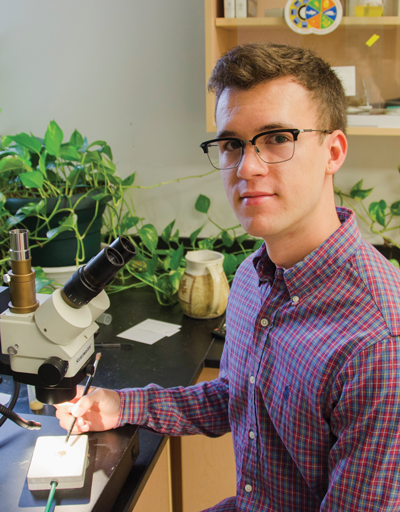Indigenous Community Engagement Plan
In support of a commitment made by Nipissing University in 2010, faculty, students and staff researchers may request guidance from the Indigenous Community Engagement Plan (ICEP) Review Committee when their research involves Indigenous peoples and communities. The ICEP Review Committee may provide support, assistance and advice, where appropriate.
The Indigenous Community Engagement Plan (ICEP) Review Committee requests that researchers engaging with Indigenous peoples and communities:
- Become familiar with “Research Involving First Nations, Inuit and Métis Peoples of Canada”, Chapter 9 in the Tri-Council Policy Statement 2: Ethical Conduct of Research Involving Humans.
- Initiate dialogue with the Indigenous Community Engagement Plan (ICEP) Review Committee about the proposed research, including steps taken by the researcher to build relationships and their plans for engagement with Indigenous peoples and/or communities.
- Submit an “Indigenous Community Engagement Plan" via the ROMEO system along with any substantiating documentation such as evidence of formal community consent and (where the community wishes) an intellectual property agreement.
- Upon submitting, please all the ICEP Review Committee approximately four weeks for processing and review. The ICEP Review Committee may request minor amendments or provide suggestions for strengthening engagement with the community or communities.
- Please direct supporting documentation to icep@nipissingu.ca.
- Notify the Indigenous Community Engagement Plan Review Committee regarding modifications to the initial submission and requests for renewal. Complete a modification request (Event) of the original form and submit any supporting documentation.
The ICEP Review Committee will notify researchers via email once the Indigenous Community Engagement Plan has been found satisfactory.
Please contact icep@nipissingu.ca with any questions regarding the ICEP process or romeoadmin@nipissingu.ca for questions about using the ROMEO system.
Brendan, Bachelor of Science Honours Specialization in Biology, Neuroscience Certificate
"Having recently accepted an offer for a Master’s position, I can confidently say that my time at Nipissing gave me a distinct advantage in competing for the attention of graduate labs. Much of this advantage was born of the amazing professors and small class sizes, with opportunities for clarification of concepts, assignment feedback, valuable class discussion, and, most importantly, developing a professional relationship with professors who genuinely want to see you succeed. For many students, these relationships lead to a fourth year thesis which provide invaluable experience, and was no doubt a major contributor to my acceptance into graduate school."
Hometown: Longlac, ON

